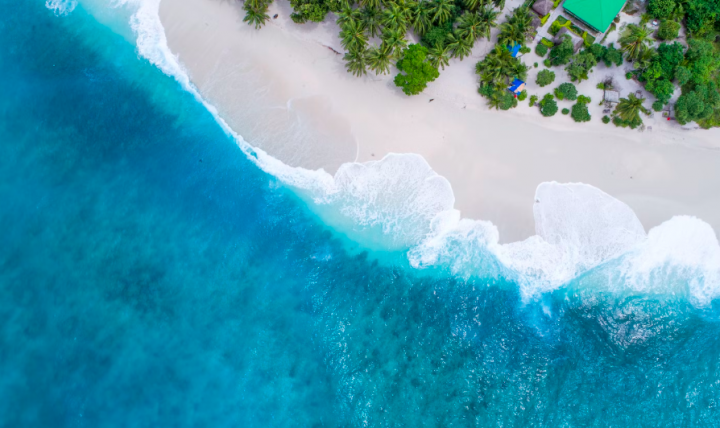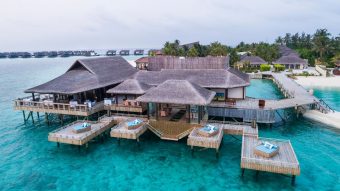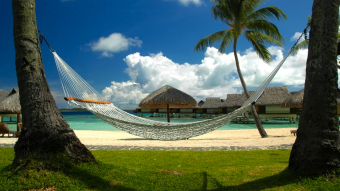
Resort Sublease Legal Inadequacies
Sublease of resort properties is a common occurrence in the Maldives tourism industry. In the past half century, a significant share of tourism development is directly attributable to the creative gymnastics of sublease holders.
Subleases happen in two forms: sublease of an operational resort; and sublease of a virgin island.
In the last twelve months alone, three fresh subleases were registered at the Ministry of Tourism.
Story of sublease holders
Even if a good number of operational or near operational resorts do embrace the sublease option, most subleases are created in respect of islands with zero development. The sublease holder takes it upon itself to carry out the development at its own cost and expense. It is the sublease holder who essentially shoulders the government lease rent (for and on behalf of the headlease holder) in addition to paying that headlease holder a significant sublease rent. The burden on the sublease holder becomes heavier if there is a bank loan tied to the development of the property which inevitably becomes payable by the sublease holder. Additionally, the sublease holder will also bear continued responsibility for any redevelopment, renovation or refurbishment.
Despite the key role played in the overall progress of the tourism industry by sublease holders, the current legal terrain surrounding subleases is painfully inadequate. The purpose of this post is to highlight this inadequacy.
Inadequacy in the law
There is no provision in the tourism law creating and balancing the rights and obligations between headlease holders and sublease holders.
Section 6 of the Tourism Act deals with the requirements to be found in a lease agreement concerning the grant of a lease of an island that is signed between the Ministry of Tourism and the headlease holder.
After requiring the lease to be granted via an agreement, the section goes on to provide a list of items to be included in that agreement – the head lease agreement.
One of the items is that of a sublease. Subclause (f) of Clause 6 simply says a head lease agreement must contain details on how the headlease holder may create a sublease in favor of a third party.
Other than that, there is no mention of a sublease in the entire law.
Insufficient regulatory treatment
There is no regulation that essentially does the same. The only recognition of subleases is found in a small chapter of some 6 provisions compacted into the Grant of Rights Regulations administered by the Ministry of Tourism.
According to the sections of that chapter, subleases can be done with prior approval, and every sublease ought to be registered with the Ministry of Tourism. While a further sublease cannot be done of an already subleased property (at least not in whole), the regulations do allow a sublease holder to grant management rights to a third party.
The regulations allow a sublease to be granted in favor of an individual [essentially a Maldivian], a Maldivian registered partnership or company or a foreign company re-registered in the Maldives.
The regulations also state that no sublease may be granted unless all pending dues in respect of the island or the resort are paid to the government.
According to the regulations, the sublease agreement cannot extend beyond the period of the head lease agreement; sublease period and sublease rent ought to be specified in that sublease agreement; any conflict between the sublease agreement and the head lease agreement must be resolved in favor of the head lease agreement; and there has to be a provision that cancels (to the necessary extent) any sublease provision which conflicts with the head lease agreement.
That is all that is said in the law and the regulations.
If we turn to the head lease agreement, there is a provision in it on grant of rights. The lessee is allowed to grant rights including subleases with prior approval of the Ministry of Tourism.
Registration for record purposes
It is an established fact of practice that even in the presence of a sublease arrangement, the Ministry of Tourism recognizes and deals only with the headlease holder. It is unusual for the Ministry of Tourism to process requests originating from the sublease holder. The sublease holder is almost always asked to come through the offices of the headlease holder.
Additionally, it is also established that the registration of a sublease at the Ministry of Tourism does not by itself lend any special legal recognition to the sublease holder in respect of the island or its lease.
It was often believed that the registration of the sublease at the Ministry of Tourism would provide for that recognition. Unfortunately, the view of the Ministry of Tourism is that sublease agreements are registered with the Ministry of Tourism only to track the dealings of the lessee vis-à-vis the island or lease, and not with the intent to recognize the rights and interests of the sublease holder.
In other words, the element of registration in the creation of subleases is merely for purposes of record keeping and does not provide the sublease holder with any standing before the Ministry of Tourism on its own strength or merit.
Featured Image: Unsplash
Version of article originally published on Nasheeds Commercial Lawyers





